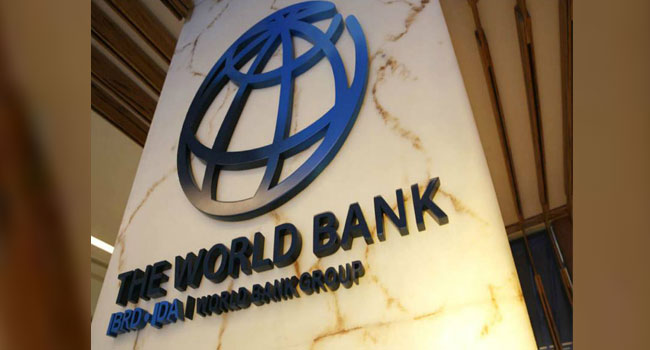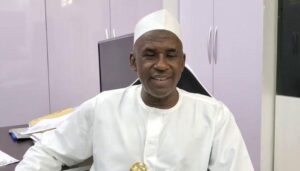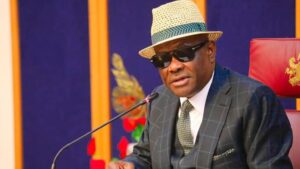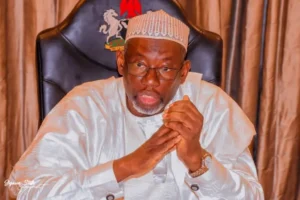The World Bank has made a significant commitment to Nigeria by approving a funding package of $1.57 billion. This financial support aims to enhance the health services available to women, children, and adolescents and address the challenges posed by climate change through improved infrastructure and governance. This comprehensive funding initiative will positively impact millions of Nigerians, particularly the most vulnerable populations.
The funding package is structured into three main projects, each targeting specific needs within Nigeria’s health and environmental sectors:
- HOPE-GOV (Health and Education Governance):
- Funding Amount: $500 million
- Purpose: This initiative focuses on addressing governance issues that hinder effective delivery of education and health services. By tackling corruption and inefficiencies, this project aims to create a more effective system for providing essential services to Nigerians.
- HOPE-PHC (Primary Healthcare Provision Strengthening Program):
- Funding Amount: $570 million
- Purpose: This project aims to strengthen primary healthcare services, improving access to essential health services for mothers, newborns, children, and adolescents. It seeks to reduce maternal and child mortality rates significantly by enhancing the quality of reproductive health, nutrition, and overall health services. The goal is to reach approximately 40 million people, especially in vulnerable communities.
- Funding Structure: This project is financed through a $500 million concessional loan from the International Development Association (IDA) and an additional $70 million grant from the Global Financing Facility for Women, Children, and Adolescents (GFF).
- SPIN (Sustainable Power and Irrigation for Nigeria Project):
- Funding Amount: $500 million
- Purpose: The SPIN program aims to improve irrigation systems and enhance dam safety to protect communities from the adverse effects of flooding and drought. Additionally, it will contribute to increasing hydropower generation, which is crucial for sustainable energy production in Nigeria.
Dr. Ndiamé Diop, the World Bank Country Director for Nigeria, emphasized the importance of investing in health and education as a foundation for future economic growth. He noted that enhancing health services will create better employment opportunities and improve productivity for Nigerians. This investment is particularly critical for women and girls, who often face barriers in accessing quality healthcare and education.
The HOPE-PHC project aligns with the Nigerian government’s recent reforms in the health sector, focusing on improving service delivery and governance in health. Dr. Diop pointed out that effective governance is essential for overcoming the complexities faced by Nigerians, especially those in marginalized communities.
The SPIN program is particularly timely given the increasing frequency of climate-related challenges in Nigeria. By investing in better irrigation and dam safety, the project aims to protect communities from the impacts of flooding and droughts, which can devastate livelihoods and disrupt food security. Dr. Diop expressed optimism about the significant positive impact this project will have on the lives of people in affected areas, emphasizing the World Bank’s commitment to collaborating with the Nigerian government and other stakeholders.
The World Bank’s $1.57 billion support package represents a crucial investment in Nigeria’s future. By focusing on health services, education, and climate resilience, these initiatives aim to create a healthier, more sustainable, and more equitable society for all Nigerians. The combined efforts of the Nigerian government and the World Bank will be vital in addressing the complex challenges facing the country today.







